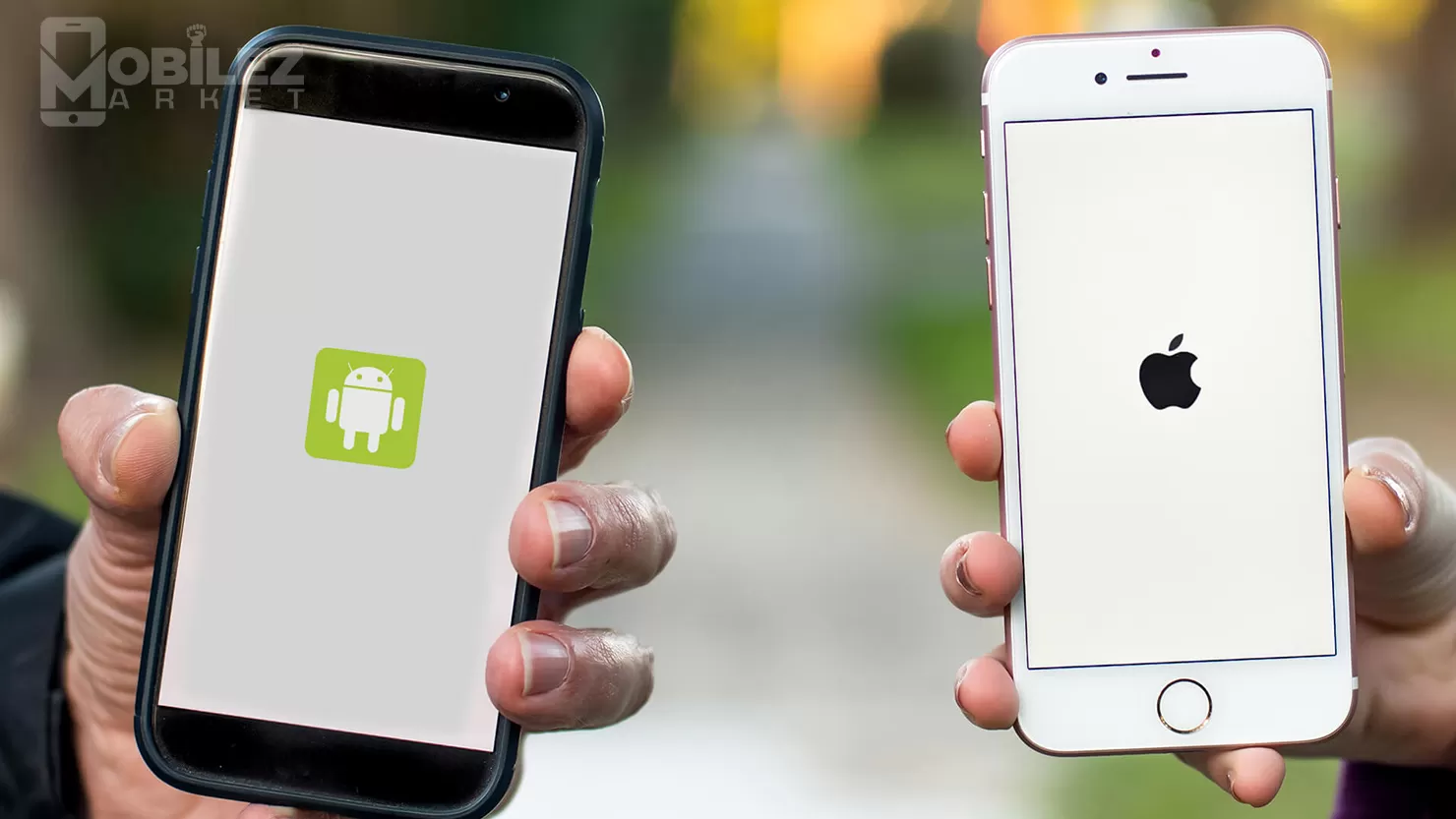Understanding Mobile Operating Systems | iOS vs. Android vs. Others
Introduction:
Mobile operating systems serve as the backbone of smartphones, dictating their functionality, user interface, and ecosystem of apps and services. Among the multitude of mobile operating systems available, iOS and Android stand out as the dominant players, each with its own strengths, weaknesses, and unique features. In this blog post, we'll explore the differences between iOS and Android, as well as other lesser-known mobile operating systems, to help you understand their key attributes and make informed decisions when choosing a smartphone.
iOS: The Apple Ecosystem:
- Overview: Developed by Apple Inc., iOS is the proprietary mobile operating system exclusively used on Apple's iPhone, iPad, and iPod Touch devices.
- User Interface: iOS is renowned for its sleek, intuitive user interface characterized by smooth animations, minimalist design elements, and seamless integration with other Apple devices and services.
- App Store: The Apple App Store offers a curated selection of high-quality apps and games optimized for iOS devices, with stringent review processes to ensure security and performance standards.
- Ecosystem Integration: iOS devices seamlessly integrate with other Apple products and services, such as iCloud, iMessage, FaceTime, and Apple Music, providing a cohesive and unified user experience across devices.
- Updates and Support: Apple provides regular software updates and long-term support for iOS devices, ensuring that users receive the latest features, security patches, and performance enhancements.
Android: The Open-Source Alternative:
- Overview: Developed by Google, Android is an open-source mobile operating system used by a wide range of smartphone manufacturers, including Samsung, Huawei, Xiaomi, and OnePlus.
- Customization and Flexibility: Android offers unparalleled customization options and flexibility, allowing users to personalize their devices with custom launchers, widgets, themes, and third-party apps from the Google Play Store.
- Diversity of Devices: Android powers a diverse range of smartphones and tablets across various price points and form factors, catering to different user preferences, needs, and budgets.
- Google Play Store: The Google Play Store hosts a vast ecosystem of apps, games, and digital content, offering users access to millions of titles and services, including Google's suite of productivity tools and entertainment apps.
- Fragmentation: One of the challenges of the Android ecosystem is fragmentation, with different devices running different versions of the operating system and varying levels of software support and updates.
Other Mobile Operating Systems:
- Huawei HarmonyOS: Developed by Huawei Technologies Co., HarmonyOS is a distributed operating system designed to power a wide range of devices, including smartphones, tablets, smart TVs, wearables, and IoT devices.
- Samsung Tizen: Tizen is a Linux-based open-source operating system developed by Samsung Electronics, primarily used in smartwatches, smart TVs, and IoT devices, offering a lightweight and customizable platform.
- KaiOS: KaiOS is a mobile operating system based on the Linux kernel, optimized for feature phones and low-cost smartphones, offering essential smartphone functionalities and support for popular apps such as WhatsApp and YouTube.
Choosing the Right Operating System:
- Consider Your Preferences: When choosing a mobile operating system, consider your preferences in terms of user interface, ecosystem integration, app availability, and customization options.
- Compatibility with Ecosystem: If you already own other devices or services within a particular ecosystem (e.g., Apple or Google), consider opting for the corresponding operating system to benefit from seamless integration and compatibility.
- Budget and Device Preferences: Your budget and device preferences may also influence your choice of operating system, as certain manufacturers primarily offer devices running a specific operating system.
Conclusion:
- In the dynamic landscape of mobile operating systems, iOS and Android stand out as the leading contenders, each offering its own set of advantages and drawbacks. While iOS provides a unified and seamless user experience within the Apple ecosystem, Android offers unparalleled customization options and device diversity. Other mobile operating systems such as HarmonyOS, Tizen, and KaiOS cater to niche markets and specific use cases, providing alternatives for users seeking different experiences. Ultimately, the choice of operating system depends on your personal preferences, device requirements, and ecosystem compatibility, ensuring that you find the perfect balance between functionality, usability, and convenience in your smartphone experience.


